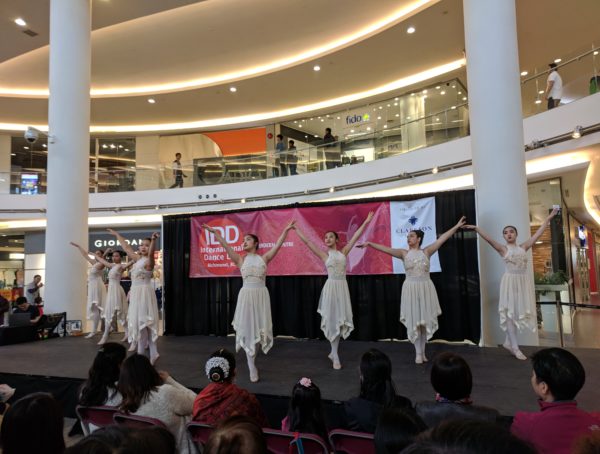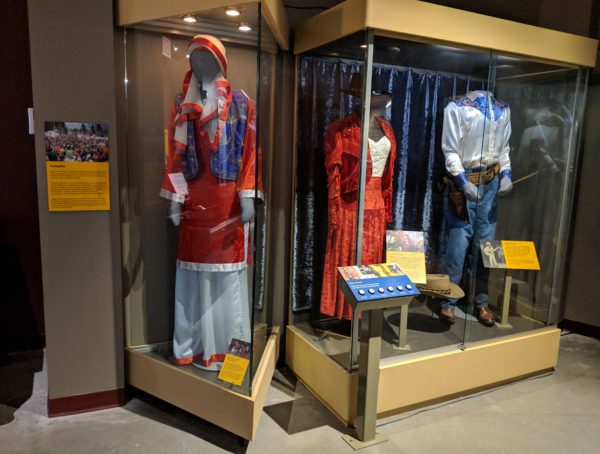The founder of the Naad Foundation, Amarjeet Singh has a master’s degree in music. He’s a disciple of Sd Deedar Singh Ji and Guru Thakur Kishan Singh, both of whom are Tabla maestros of Benaras Gharana ( Benares style).
Amarjeet was appointed as the Cultural Ambassador by the Indian Council for Cultural Relations New Delhi, to teach and perform Tabla in Tashkent, Uzbekistan.
Later, he took up a position as a staff artist at the Faculty of Music and Fine Arts at the University of Delhi. He has trained students in India, Germany, Uzbekistan, Canada, and the USA, and has accompanied a myriad of leading Indian musicians and dancers on Tabla.
A scholarship winner from the Music and Drama Academy of Rajasthan, Amarjeet Singh has also won many laurels, such as the “Sangeet Bhushan” from the Rajasthan Education Department, the “Leadership Circle Award” from the Canadian Red Cross, the “Heritage Defender Award” from Darpan magazine, the “Innovation in The Arts” honor from Drishti magazine, and was nominated for the Surrey Mayor’s Arts Award.
I have known Amarjeet Singh since 2002 and have seen him perform at various events all over Vancouver. Last Friday evening he graciously agreed to answer a few questions over the phone.
Rupa: Could you please share your experiences as a student of music and Tabla in India and the training that you received from your Gurus?
Amarjeet: I come from the Guru-Shishya parampara (Teacher-Student traditional
learning) and truly believe that this traditional way of learning teaches students not only the art, but also discipline, stage manners, respect for the young and the old, and how to listen to the Guru and receive the knowledge in a humble way. I used to go to the teacher’s house at 6:00 AM and help the Guru in cleaning, cooking, and doing all his household chores so that I could imbibe all the knowledge that he could impart. Gurus become mentors and help us develop good values and become better human beings as well. For roughly about 7 years, I followed this routine and later moved to Delhi. In 2001, I moved to Canada and unfortunately, in 2002 both my Guru and my mother passed away.
I went through a rough patch at that time and was devasted by the loss. The concern, love, and affection that my Guru showered on me, along with his strict discipline while training will always be missed. Children growing up in Canada show a lot of interest in learning classical arts but are not aware or do not understand the Guru Shishya parampara. A Guru is found by good luck and destiny. Every year I do a program to pay homage to my Guruji Thakur Kishan Singh.
Rupa: How was it teaching in Tashkent and being an ICCR (Indian Council for Cultural Relations) Cultural Ambassador?
Amarjeet: It was a wonderful experience, me and Mrs. Mangala Bhat who is an accomplished classical dancer, were the first people selected by ICCR to go to Tashkent to teach music and arts to students. We had multicultural and multinational students who showed a keen interest in learning the Indian arts.
Rupa: How did you start Naad Foundation?
Amarjeet: Naad Foundation emerged from my dream of starting a school for all arts under one umbrella for music, dance, literature, and other arts. We even had language classes for Punjabi, Hindi, Urdu, and Persian and many attended these courses and completed them.
I enjoy all kinds of music and admire people who have gone through rigorous training in the arts. I enjoy Bollywood music too, but I promote classical music mainly because we already have a huge audience for Bollywood or popular music but not for classical music.
Rupa: Could you tell us about your work with fusion music?
Amarjeet: Yes, I have worked a lot with fusion music with many western musicians. I work with pure traditional classical Indian Raagas and then do the fusion with other classical western musicians as I believe in adhering to the classical roots. Today if you present a pure raaga with elaborate alaap stretching for a long time, you lose the audience interest as everyone in the audience is not capable of appreciating pure classical music, so you have to present the classical arts in such a way that you preserve it and at the same time keep the audience interested.
Rupa: Is there any performance or award that is very significant to you?
Amarjeet: I have received a number of awards and scholarships in my life, but the Leadership Circle Award from the Canadian Red Cross is very close to my heart. In 2005 I was asked to compose a melody for a Tsunami fundraising event, and the lady who asked us to compose became very emotional and bought the copyright for the music and said it would be played all over as the Tsunami melody. This experience I will always treasure.
Rupa: Amarjeet Bhai, thank you very much for sharing your views on music and the arts by taking time out of your busy schedule.
By Rupa Gopinath
More from Art & Fashion
Celebrating the 5th Anniversary of International Dance Day in Richmond
This year’s International Dance Day events in Richmond have been aptly dubbed “Celebration” as the event has reached it’s fifth anniversary. …
Vaisakhi Display at the Museum of Surrey
A Vaisakhi Display is being featured in an exhibit which is part of the permanent Surrey Stories.Gallery at the Museum …
Series of events in April invite British Columbians to celebrate the arts, heritage and culture of Sikh Canadians
Sikh Heritage Month launches in B.C. with public awareness campaign exploring Sikh identity and youth art exhibit (March 27, 2019 Vancouver, BC) – …












Leave a Reply